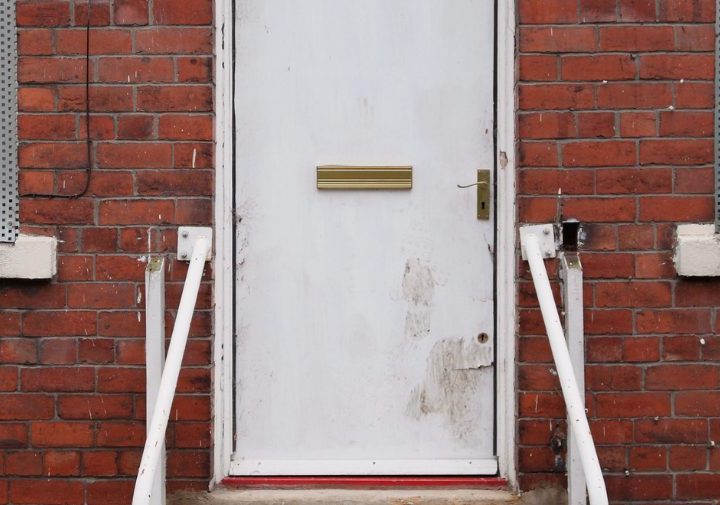For years UK householders have been urged by successive UK governments to better insulate their homes to reduce energy usage and to keep them warmer during the winter months. This has been encouraged by various grants that have been offered by the government.
One of the first indications that not all was well with such schemes was the failure of certain types of cavity wall insulation that degraded over time and created “bridges” for damp across cavities. Most of the companies responsible for the installation of incorrect or substandard insulation types were eventually dissolved. In an ironic twist, by the time householders started to discover their cavity wall insulation had failed and made claims for remedial works through their Cavity Wall Insulation Guarantees, some of the dissolved installation companies had in the meantime re-established themselves as companies specialising in the removal of the cavity wall insulation.
The latest insulation type that is causing problems for householders is spray-foam insulation; a quick and supposedly unobtrusive technique by which liquid foam is sprayed into roof spaces and walls. It is estimated that approximately 300,000 properties may have had spray foam insulation installed, some of which has been funded through government grants. The spray-foam insulation industry is currently unregulated, which has resulted in rogue traders being allowed to exploit Government Schemes by installing sub-standard insulation and, just with cavity wall insulation, then re-inventing themselves as spray-foam insulation removal specialists.
A report published in March 2024 by the Health & Safety Executive found that condensation caused by spray-foam insulation could increase roof timber decay within 5 years by 25% when applied incorrectly. Despite the Property Care Association publishing a Spray Foam Insulation Inspection Protocol providing surveyors with guidance on how to determine whether an insulation is potentially damaging to the roof structure of a property, lenders have are taking an extremely cautious towards properties with spray-foam insulation, as in many cases it prevents surveyors from visually inspecting the condition of the roof timbers.
Lenders are therefore requiring householders to remove spray foam insulation and carry out roof surveys before considering them suitable for lending or alternatively applying 100% retentions on mortgage advances until evidence of the removal of the spray foam insulation and survey confirming no affect on the timbers has been provided. As the requirements of lenders fall outside the warranties issued in relation to spray foam insulation, it then falls to the householders to fund the cost of removal, which can be significantly more than cost of the insulation in the first place.
Householders affected by this claim that the exemption of spray-foam insulation from VAT, as well as the availability of grants towards the cost of the insulation, misled them into believing this insulation method was endorsed by the government. In response, ministers have insisted that it is the responsibility of traders and property owners to decide if this insulation method is suited to their property, and that the availability of mortgages for properties with spray insulation is a matter for lenders.
Spray-foam insulation has been excluded from the latest grant scheme (the Great British Insulation Scheme) but this has not stopped there being a large number of traders still offering this type of insulation.
If you own a property with spray foam insulation, you may find yourself being requested by a mortgage lender or a purchaser to remove this when remortgaging the property respectively. Whilst it is not in and of itself a legal matter, this can impact significantly on the conveyancing process, having to wait for the work to be carried out, a surveyor to inspect the roof following completion of the work, and the survey being provided to the lender for their own valuer to approve.
If you’re looking to buy or sell a property, our residential property lawyers can assist you with all of the aspects of conveyancing. For a free online quote, please use our quote generator tool. Alternatively, you can get in touch on 0845 287 0939, by email, or through our online chat below.







